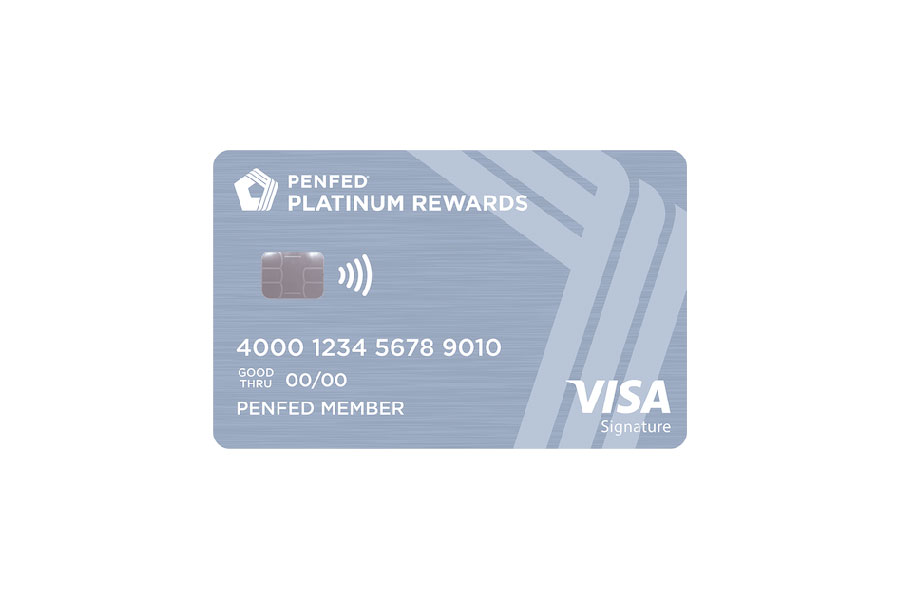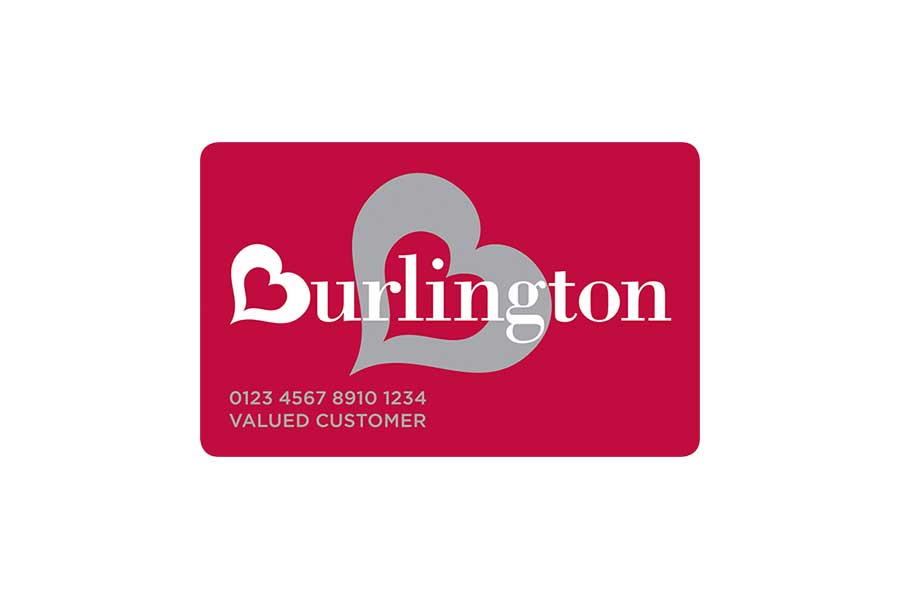Building credit takes time — usually at least six months of activity before you’ll see a credit score, and several years of consistent habits to reach excellent status. The exact timeline depends on how you manage your accounts, but the sooner you start, the sooner you can unlock better loan rates, credit card perks, and housing opportunities.

In this guide, you’ll learn how credit scores are calculated, how long each stage typically takes, and proven steps to build a strong profile while avoiding common setbacks.
Key Takeaways
- Building credit takes time, typically starting with a credit score appearing after six months of consistent credit activity.
- Key factors that affect your score include payment history, credit utilization, and a mix of different credit types, which should be carefully managed.
- Regularly checking your credit reports for errors, avoiding excessive new accounts, and being an authorized user can help establish or rebuild credit more effectively.
How Long It Takes to Build Credit
It typically takes about six months of reported activity before most scoring models can generate your first credit score. From there, reaching “good” credit can take one to two years, and building an “excellent” score often takes several years of consistent, responsible use.
Typical credit-building timeline:
- 6 months: First credit score appears
- 1–2 years: Many move from no score or poor credit to fair or good credit
- 2–4 years: Good credit range becomes solid and stable
- 5+ years: Potential to reach excellent credit with a clean, diverse history
Key Factors That Affect Your Credit Score
Your credit score reflects how you’ve managed debt and credit over time. The main components are:
- Payment history: The single biggest factor. On-time payments build trust; late payments can cause significant drops.
- Credit utilization: The percentage of your available credit in use. Staying under 30% — and ideally under 10% — helps your credit score.
- Length of credit history: Older accounts add stability. Closing them can shorten your history and reduce your credit score.
- Credit mix: A combination of revolving accounts (credit cards) and installment loans (auto, personal, mortgage) shows you can handle different types of credit.
- New credit: Each hard inquiry can cause a small, temporary dip. Opening too many accounts at once can signal risk to lenders.
How to Start Building Credit From Scratch
If you don’t have any credit history, you’ll need to establish it with accounts that report to all three major credit bureaus.
- Secured credit cards: A secured card requires a refundable deposit, usually equal to your limit. Use them like a regular card and pay on time to build history.
- Credit builder loans: Credit builder loans are offered by online lenders, credit unions, and banks. Payments are reported monthly, and you receive the funds after the loan term ends.
- Authorized user accounts: Being added to someone else’s credit card can give you the benefit of their positive payment history, as long as the issuer reports authorized users.
See also: Banks That Can Help You Build Credit
How Long It Takes to Build Good or Excellent Credit
While your first score may appear in six months, getting into the “good” range (typically 670–739 FICO) usually takes one to two years of consistent on-time payments and low utilization.
To reach “excellent” credit (740 and above), expect to maintain these habits for at least five years — often longer — without major missteps. The process is gradual, but steady progress makes a lasting difference in your financial opportunities.
Ways to Build Credit Faster
If you already have the basics down, these strategies can give your score an extra push:
- Report rent and utilities: Some services send your on-time rent payments to credit bureaus, adding positive history you’re already creating.
- Use autopay for minimums: This prevents accidental late payments while you focus on paying more than the minimum when possible.
- Ask for credit limit increases: More available credit can lower your credit utilization ratio without adding new accounts.
- Pay mid-cycle: Making an extra payment before the statement closes can reduce the balance reported to the bureaus.
- Consolidate small debts: Fewer accounts with high balances can improve utilization ratios and simplify payment tracking.
Common Setbacks That Can Slow You Down
Even with strong habits, certain missteps can erase months of progress and make it harder to reach the next credit tier. Knowing what can hurt your credit score—and how to avoid it—keeps you on track.
- Late or missed payments: Payment history is the largest factor in most credit scoring models. Even one payment reported as 30 days late can cause a significant drop and remain on your credit report for up to seven years. Set up payment reminders or autopay to avoid accidental slips.
- Maxed-out cards: Running balances close to your limit can drive your utilization ratio over 30%, a common red flag for lenders. Even if you pay in full each month, letting a high balance post to your statement can temporarily hurt your score.
- Collections: Unpaid debts that get sold to a collection agency are reported separately and can be difficult to recover from. These accounts stay on your report for up to seven years, though paying them off can sometimes reduce their impact over time.
- Bankruptcies: Whether Chapter 7 or Chapter 13, bankruptcy is one of the most severe marks on your credit history, remaining for seven to ten years. While you can rebuild after filing, lenders will see it as evidence of serious past financial trouble.
How to Maintain Strong Credit Once You Have It
Reaching a good or excellent score is a milestone — but maintaining it requires steady habits and a proactive approach to your accounts.
- Stay consistent: Continue paying every bill on time, from credit cards to utilities. Even a single late payment can chip away at years of progress.
- Protect against fraud: Review your credit reports regularly to catch signs of identity theft, such as unfamiliar accounts or inquiries. Use strong passwords, avoid sharing sensitive information over email or phone unless you initiated the contact, and consider enrolling in an identity theft protection service for added monitoring and alerts.
- Keep older accounts open: Long-standing accounts help extend your credit age, which benefits your score. Even if you no longer use a card often, make a small purchase every few months to keep it active.
- Mix credit types wisely: A healthy combination of revolving credit (credit cards) and installment loans (auto, personal, mortgage) shows lenders you can manage different forms of debt. Avoid opening unnecessary accounts, but don’t be afraid to diversify when it fits your financial goals.
Bottom Line
Building and keeping good credit takes consistency, not quick fixes. Small choices — like paying on time, keeping balances low, and reviewing your credit reports — add up over months and years.
Once you reach a good or excellent score, protect it by staying on top of bills, guarding against fraud, and keeping older accounts active. These habits strengthen your credit history and make it more resilient to setbacks.
The payoff is worth it: stronger credit means better loan rates, higher limits, and more financial flexibility for the long term.
Frequently Asked Questions
How often is my credit score updated?
Credit scores can be updated as often as once a month or whenever new information is added to your credit report. It’s a good practice to check your score and at least one of your three credit reports from either Equifax, Experian, or TransUnion at least once a year.
Does checking my own credit score lower it?
No. Pulling your own score is a soft inquiry and doesn’t affect it. Only hard inquiries from lenders can cause a small, temporary dip.
How can I correct errors on my credit report?
Dispute the error with the credit bureau that issued the report and the creditor that reported it. Both must investigate and fix confirmed mistakes.
Do all lenders use the same credit scoring model?
No. Some use FICO, others use VantageScore, and even within those, there are different versions. That’s why your score can vary.
If I cosign a loan, does it affect my credit score?
Yes. You’re equally responsible for the payments, so missed or late payments will appear on your credit history.
Why do I have different credit scores from different credit bureaus?
Each bureau may have slightly different data on you, and scoring models weigh information differently. This can lead to small score variations.




